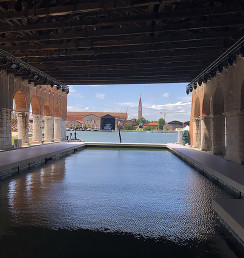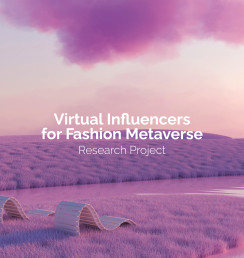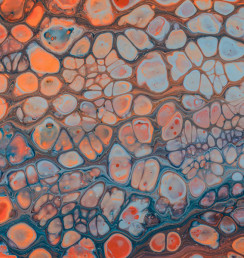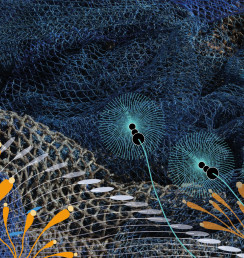Scent of Venice
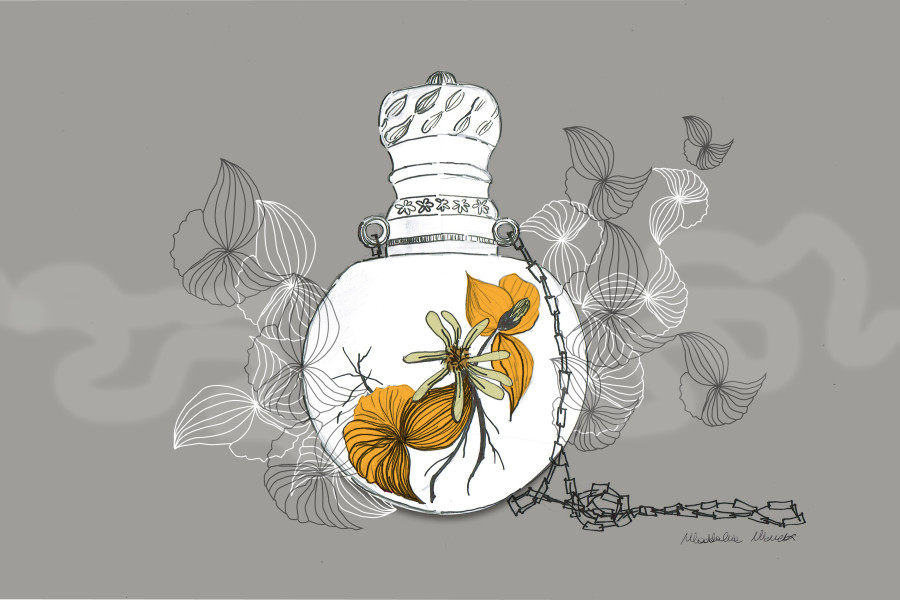
Summer: time for starry nights, time for outdoor dances with light clothes, but above all time for perfumes.
What could be more sensual and seductive than a perfume? Coco Chanel stated that “a woman should wear perfume wherever she wants to be kissed”. [Foonote 1]
The link between French fashion and perfume is a known story, the one that is surprising and little known is the relationship between Venice and the art of perfume!
One of the main elements of the style that make an outfit extraordinary and unique is certainly the scent. The choice of a fragrance that represents us is a very difficult choice because it requires taking into account many factors: the emotions that arouse in us the olfactory notes, the image we want to convey to others, our ability to wear and interpret essences, the interaction of perfume with our skin and our ability to evaluate the variations of notes during the olfactory experience.
What is surprising and little known
is the relationship between Venice and the art of perfume!
To learn the secrets of Lady Lagoon about the art of perfume, some days ago I did one of my periodic visits to Palazzo Mocenigo.[Footnote 2] Among the Venetian palaces it is one of my favorites because it really represents a small jewel of elegance and refinement. Located in the Santa Croce district, it is 10 minutes walk from the train station, in a central position but far from the frenzy of the most famous tourist routes. An oasis of peace and glamor, reachable passing through Campo S. Giacomo dall’Orio.
Entering Palazzo Mocenigo, is a dive in the life of the Venetian patriciate between the seventeenth and eighteenth centuries, because several rooms retain the furnishings and objects of the time. One of the rooms in which I like to spend time imagining the life of Venetian nobles is the dining room. A wooden table in the center, covered with a very refined Burano lace needlework tablecloth, is set at the top with glass dishes. The dimensions of the table make the atmosphere very intimate and suspended.
An oasis of peace and glamor!
But the most excting section is the one dedicated to the history of perfume. This section was included in the museum in 2013, strongly desired by Mavive (a Venetian company belonging to the Vidal group). This exhibition itinerary was inaugurated after the museum reopened following a three-year restoration and, at that time, I immediately fell in love with it.[Footnote 3]
The practice of perfuming is introduced in Venice by Teodora Ducas, daughter of the emperor of Byzantium, who in 1060 married the Doge Domenico Servo. With this highly refined princess, the art of cosmetics and Venetian perfume she started.
In 1271 Marco Polo, returning from his trip to China, introduced several oriental cultural elements in Venice, including the care of the body and the fragrance of musk.
Venezia,
birthplace of soap and perfume!
The sixteenth century in Venice can be described as “the century of cosmetics”. Furthermore, in the same period in Venice the soap was invented and the Venetian “saoneri” gave birth to a very flourishing industry. Still in Venice, particular techniques are developed for the realization of perfumes, as evidenced by the precious cosmetic manual I Notandissimi secreti de l’Arte Profumatoria (G. Rossetti, Venice, 1555), the first western recipe book for cosmetics which is kept in the Museum of Palazzo Mocenigo..
A must-try experience is a visit to the experiential room dedicated to the raw materials for perfume (some of which are very rare): elegant glass bottles are arranged on top of a fine wooden table closed by a flower-shaped lid, grouped by olfactory families. Invited by the museum staff (very kind and really nice) I spent a lot of time experimenting and comparing the essences, imagining the Venetian ladies who could have worn them. A magical experience.
This sensory experience has its fulfillment and connection with the contemporary in the room dedicated to the fragrances of The Merchant of Venice, a Venetian brand born in 2013, created by the Vidal group, whose first collection comes onto the market the following year. I had already noticed this brand with interest thanks to the single-brand store located not far from Teatro La Fenice, but discovering its relationship with the Venetian culture and the museum was really a pleasure.
P.S. if you want to know how my passion for Palazzo Mocenigo came about, I suggest you read these posts:
>>> Chic Words at Venice Design Week 2017
The smart textiles exhibition
>>> Chic Words at Venice Design Week 2016
The link between High-Tech Fashion and Veneziatian Glamour
FOOTNOTES
[1] Inside Chanel Chapter 1, in-depth study of the history of the maison. http://inside.chanel.com/it/no5/video
[2] Palazzo Mocenigo, headquarters of Study Centre of the History of Textiles, Costumes and Perfume of Venice. https://mocenigo.visitmuve.it
[3] Website Mavive company, last accessed on August 12 2019. http://www.mavive.it
IMAGES
[image 1] Illustration created by Maddalena Mometti
[image 2] Illustration created by da Maddalena Mometti

